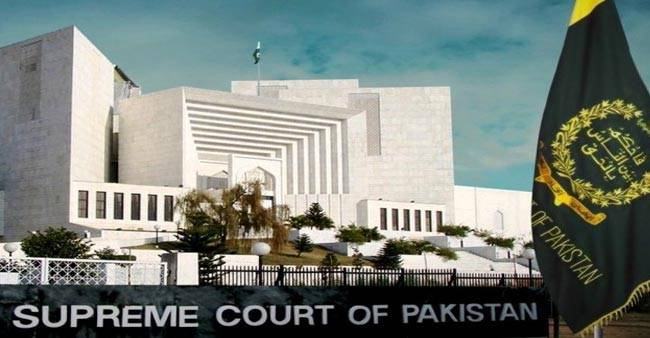The Pakistan Bar Council’s inner tussles between the ‘Asma Jahangir group’ and the ‘Hamid Khan group’ continue unabated, and are perfectly reflective of how the country is completely divided along partisan lines even in places where it ideally shouldn’t be. Under the surface of this infighting, a very important issue was under discussion – whether the Supreme Court (SC) has the jurisdiction to hear the Panamagate petitions.
Strangely enough, while the rest of the country breathed a collective sigh of relief when the SC stepped in and prevented the heat between PML-N and PTI from getting out of hand, 13 out of the 23-member council were not in favour of the SC looking over the issue, and indeed also stated that it did not have jurisdiction to decide the Terms of Reference (ToRs) by itself.
However, the Chief Justice of Pakistan has on more than one occasion abstained from delving into the Panama Leaks issue and seemingly has always had jurisdiction. The Supreme Court has now resolved to form its own TORs, which will be actionable within the confines of law, and will produce a judicial verdict, as opposed to a political one.
The issue of PCB criticism is pertinent as the way that the SC proceeds over the case has to leave no room for criticism. However, the lawyers’ intentions aren’t as noble as we would like, as there was swift agreement with a lack of discussion over the matter of jurisdiction. However, what stopped them from passing a resolution on the matter was not the fact that the council is divided and half of its members had boycotted the meeting, but that this issue was not actually even on the agenda of the meeting.
The actual role of the council is to simply determine which lawyers may or may not represent clients at the SC, but for all its partisan failings, can it really be expected to do even this simple job? The PBC must focus on setting its own house in order before throwing a spanner in the working of the SC.
The real question is not jurisdiction; it is whether the SC can give a verdict that also brings about a political consensus. The PCB is internally divided, a premonition of the lack of political consensus expected when the SC finally rules. Judicial commissions and their toothless instruments are often designed to protect the status quo, and in this iteration they must not. This court must have the courage and clear legal evidence to convict the PML-N leadership, in accordance with law, and it will be hard to muster both. A house of cards has now been built, and the nation does not want to see it brought down by lawyer politics prematurely.






